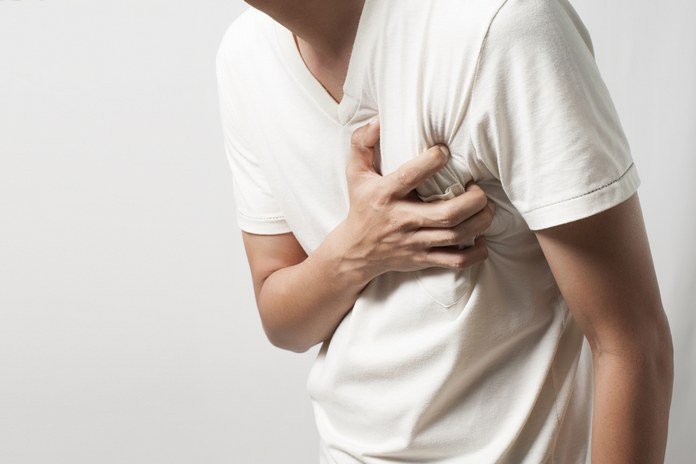Chest pain

The increasing heart rate happening due to atrial fibrillation might result in discomfort or chest pain, usually because of the lesser supply of oxygenated blood to the heart muscles. The symptom of chest pain usually occurs in the patients who have some pre-existing history of heart diseases with the progression of time; atrial fibrillation causes the weakening of heart muscles, which then malfunction. The weakened heart muscles cause ineffective contractions, which leads to the cooling of blood in the upper chambers of the heart and thus increases the chances of angina or chest pain. Moreover, the weakening of heart muscles can also increase the risk of blood clot formation in the blood vessels.
